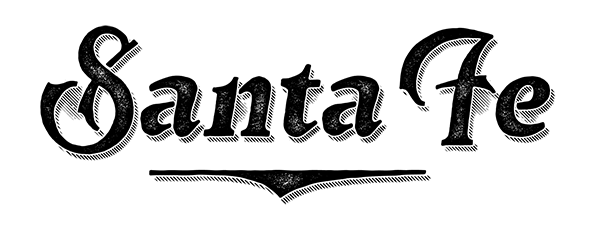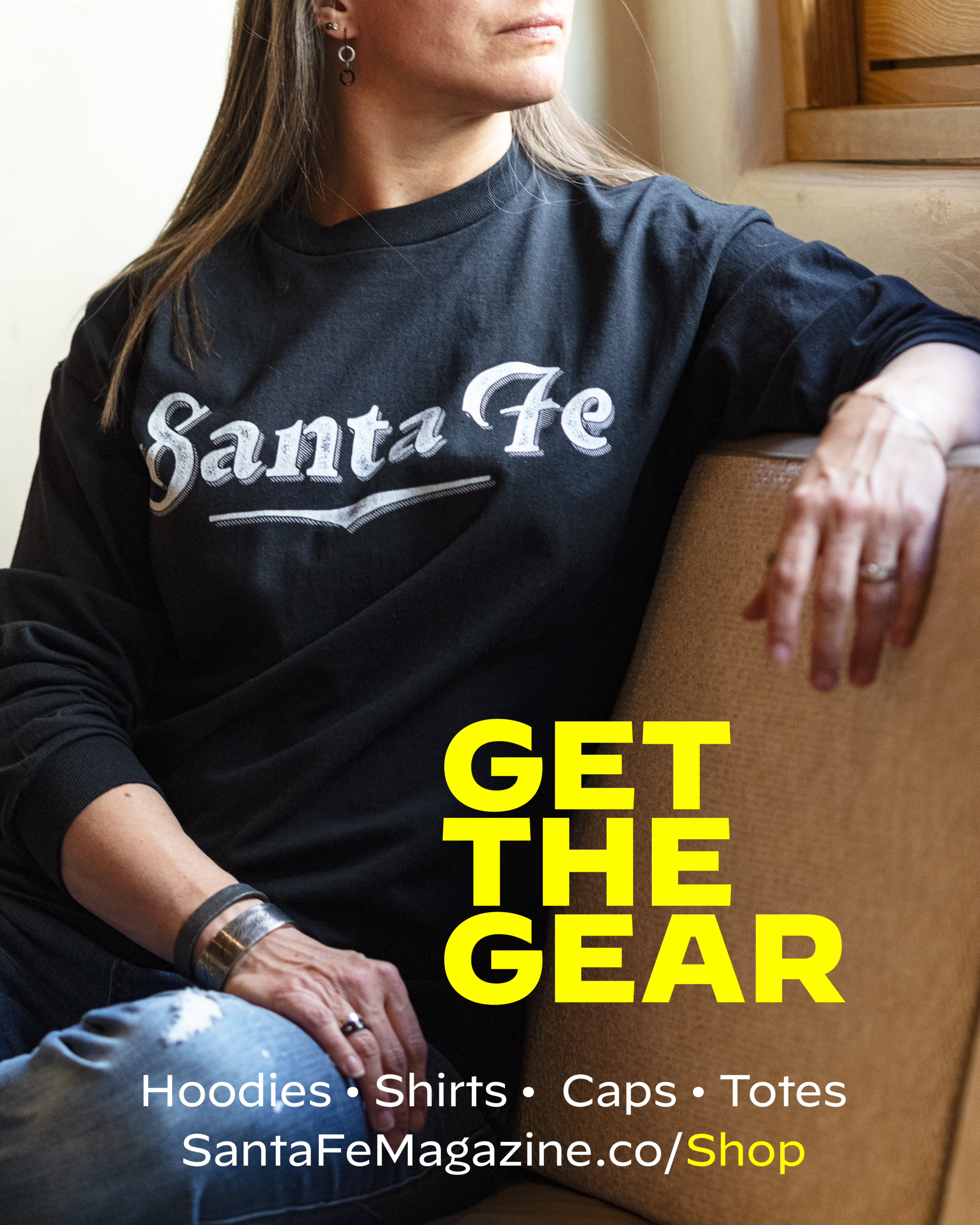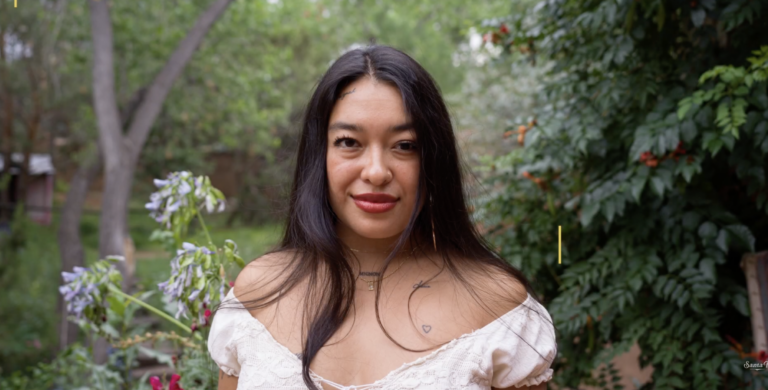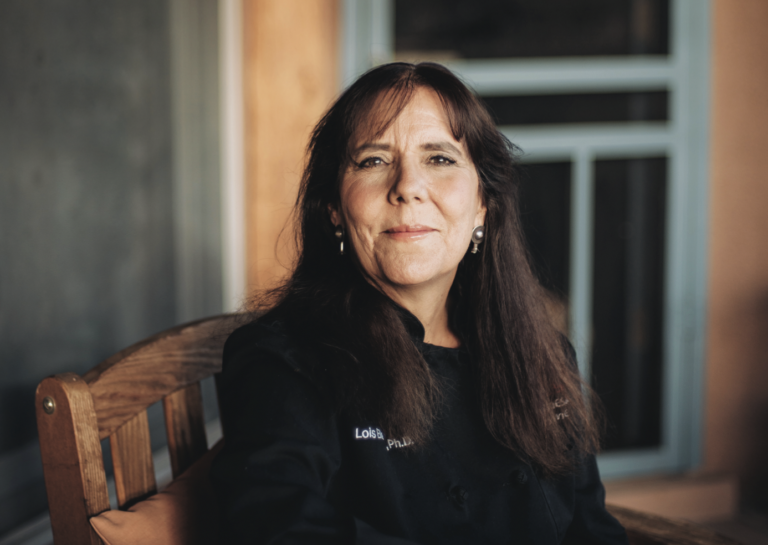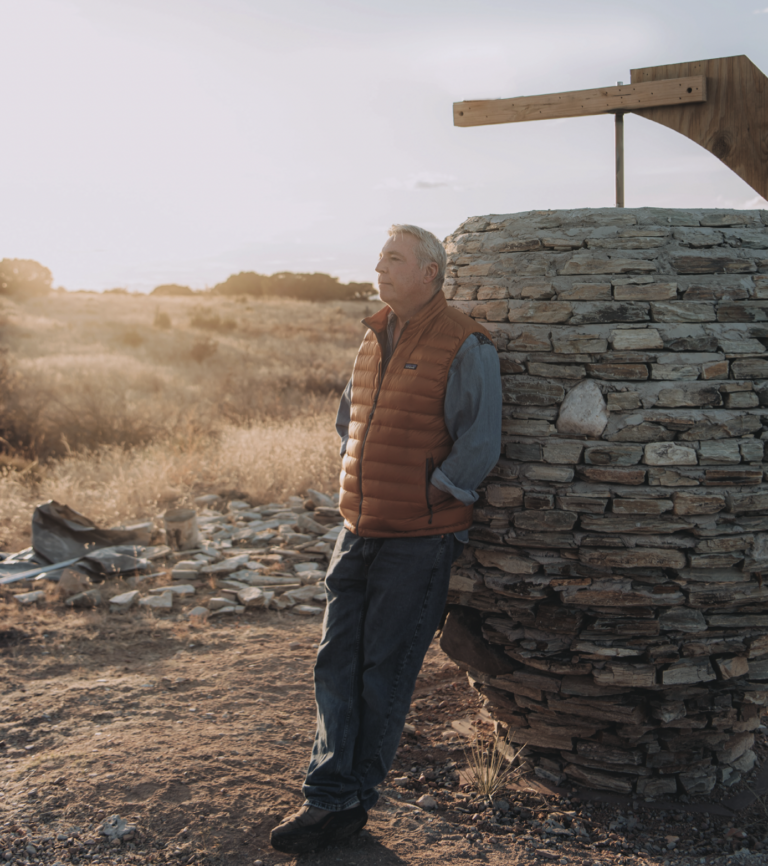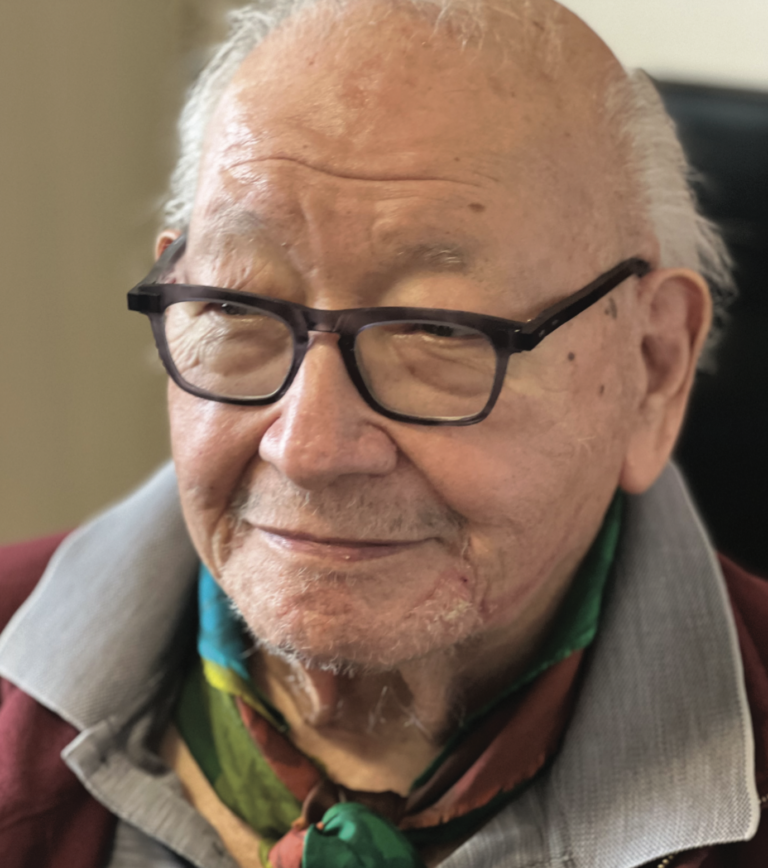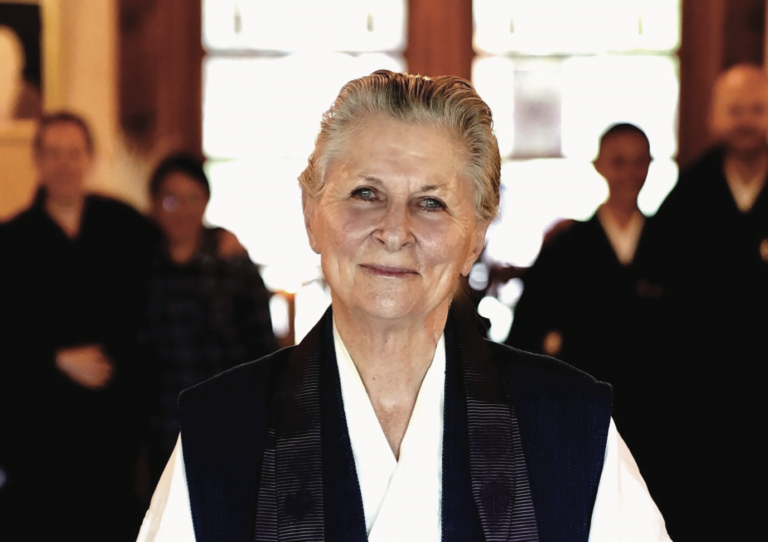I KNEW THIS HUSBAND-WIFE TEAM worked as filmmakers, but it wasn’t until I watched their documentary, Rayzin, Navajo Skinhead from the Rez, that I started to understand what they were doing. So, I watched another film. And another, and another. Each film takes a deep dive into a Native American’s story: a heavy metal musician, a traditional weaver, a jeweler overcoming incomprehensible losses. Each one riveting.
What their films do is somewhat akin to what this magazine does — highlight fascinating people and provide a candid peephole into their lives — but their focus carries a different weight. They offer the viewer an engaging, educational, and heartfelt look into the Native experience, on and off the Rez. They get up close and personal. They demonstrate a great respect for their subjects, and are building an international online community in the process.
What the heck does Spagoshi mean?
Nick: It’s a 30-year family joke. When my cousin was like five, her nickname was Oshy. My dad would tease her, calling her Oshy from Yo-bi-skoshi. Then her little brother would try to mimic my dad and called her Oshy from Spagoshi. Us Nelson cousins thought we should start a band called the Spagoshis. Never happened. But I really like that name, so I kept it and turned it into a record label in the early 2000s. Then I turned it into an architectural design studio called Spagoshi Studios. That evolved into graphic design and photography around 2011. Then Spagoshi LLC when we went full-fledged film production.
Your documentaries focus on the Navajo Nation.
Nick: We never intended to just focus on the Navajo Nation. I wanted to do documentaries in general because I was already working in the film industry. One time, someone said to me, Hey, you’re Navajo, we need a filmmaker. Can you edit? Can you direct? I said, Yes, I do all that. They said, Well, we’re going to Laguna Pueblo to document this rebuilding event, to give them a new playground, renovate homes, bring the community together like the old ways. And then another opportunity popped up with, Hey, Zuni Pueblo is doing some really interesting stuff on their infrastructure where they’re becoming self-sustaining. That leapfrogged.
I interviewed friends for my documentary class while I was in school and uploaded my work to my YouTube channel, like, Hey, this is my portfolio. That eventually turned into micro-documentaries with clients. Then last year we were interviewed by an official YouTuber, Peter Santenello who has millions of followers. He encouraged us, like, You guys have all the skills, you should be DOING this!
Amber: We had never made things specifically for consumption on YouTube. He sent us books. Really encouraged us to go for it. There was potential there for growth. We had all the tools, we had the experience. I had a side gig creating YouTube channels for other people. I thought, Why aren’t we doing this? We had all the pieces, just sitting there, and we weren’t putting them together.
Are you well received by interviewees on the Rez? You have such deep, personal conversations with them.
Nick: Interviewees trust me to listen to them and invite me into their space and share their stories about their family, their history, their land, their community.
I’ve got to be sensitive because of course, culturally, we do have to be sensitive to certain things or else we’ll be totally shut off. Especially someone who looks and sounds like me saying, Hey, I’m Navajo, you’re Navajo, let’s talk. They kind of give you the side eye. It’s just protection. You know, it’s hard to trust outsiders. I do give them a heads up like, Hey, this is my intent. I’m not going after the a-ha moment or a gotcha moment. I’m here just to share stories and talk and converse, that’s it.
WANT TO READ MORE? SUBSCRIBE TO SANTA FE MAGAZINE HERE!
Photo SFM
